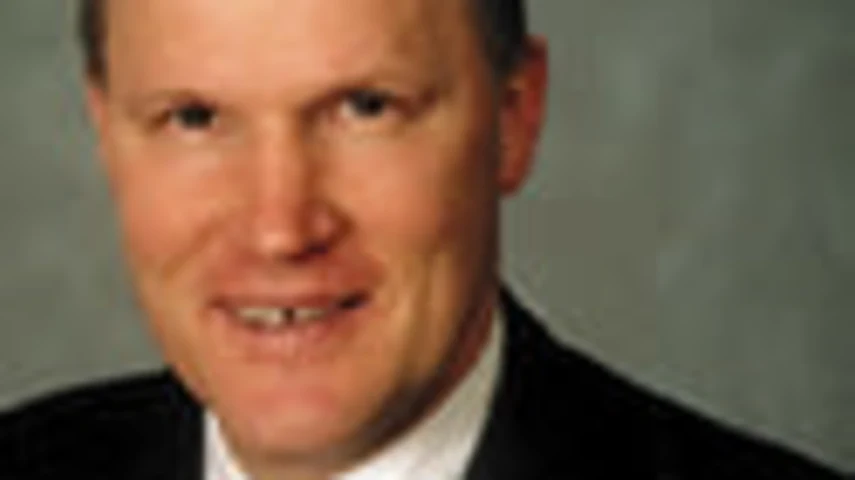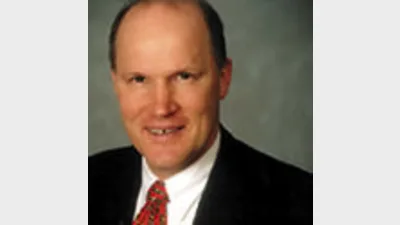AIOFP outsources CE points assessment to Adelaide University



|
|
The Association of Independently Owned Financial Planners (AIOFP) has appointed the University of Adelaide as its third-party assessor for continuing education (CE) points accruing to fund manager presentations at its conference sessions.
Clive Perring, director of the university’s International Centre for Financial Services, had been appointed to assess any future fund manager presentations at the AIOFP’s conferences and seminars as of July 1 this year.
AIOFP executive director Peter Johnston said the decision to outsource the presentations means the association would no longer be using the services of the Financial Planning Association (FPA).
“Previously, the FPA as the professional body has been providing the assessment service for us but we feel this has been too expensive.
“The FPA charges between $500 and $1,000 to assess a fund manager presentation for CE points for attending advisers, whereas we will henceforth provide this as a free service to our members.
“We also feel there is a conflict of interest in the FPA’s internal assessors attributing CE points to industry advisers, especially when all advisers need the points to comply with ASIC’s requirement.
“These points are critical to the ASIC requirement that every planner maintain a register of 30 hours of training per year to keep their currency in the industry,” he said.
Recommended for you
The central bank has released its decision on the official cash rate following its November monetary policy meeting.
Melbourne advice firm Hewison Private Wealth has marked four decades of service after making its start in 1985 as a “truly independent advice business” in a largely product-led market.
HLB Mann Judd Perth has announced its acquisition of a WA business advisory firm, growing its presence in the region, along with 10 appointments across the firm’s national network.
Unregistered managed investment scheme operator Chris Marco has been sentenced after being found guilty of 43 fraud charges, receiving the highest sentence imposed by an Australian court regarding an ASIC criminal investigation.











